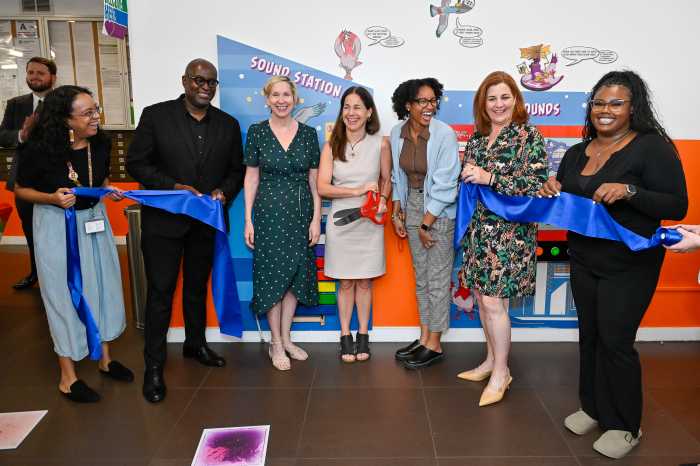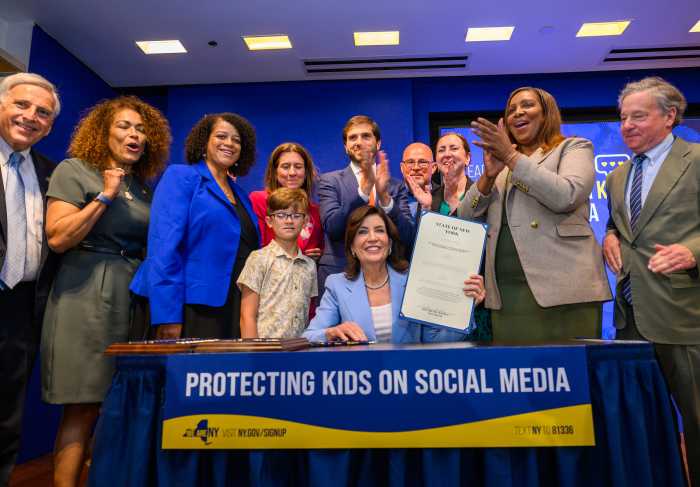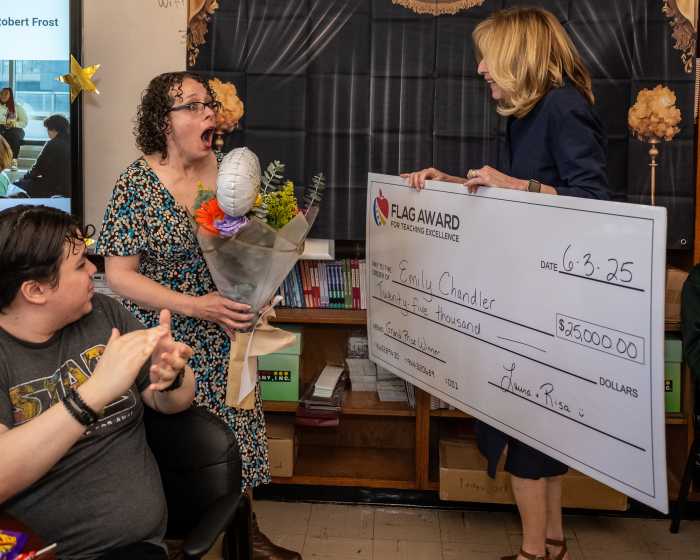I was trying to defend my opinions on sexuality, sexual mores, and (for obvious reasons) drunkenness and its effects when it hit me: Jiminy Crickets this stuff is rough.
I drank a lot in high school and college, often to excess. I did such embarrassing things — things that would come to me in a flood in the morning. Shame coursed through me. I routinely allowed myself to get into a state where I could no longer take responsibility for my actions. In these scenarios, even though I knew better on some level, it could be said that there was nothing and no one to blame but the demon drink.
It was pretty common back then. And it still is now. It’s called “partying” and I know a lot of people who do it. You imbibe some or another substance to the point where you are no longer of sound mind, so that later you can distance yourself from it. Yep. Common.
I’m raising teenagers, so I am well attuned to thinking about these things, remembering my own hazy self-centered experiences and wondering how in the hell to help get my boys through this maze.
Can I tell them what to do? Sure, just like the weatherman can tell us exactly when it’s going to rain. We know things, but we’re often wrong. And what’s “right” anyway? The line is often a little blurred.
I talked to a friend a few years back in front of a hotel by the University of Arizona late on a Saturday night. We watched as girls weaved by, scantily clad, trying desperately to stay upright in heels. I’d never been one for heels, but I still saw myself in them, walking home late a long mile from the fraternity quad, and shuddered. As a mother, I feared for them. I wished I could stop them and give them the wisdom of my decades of experience and say, “You don’t have to get drunk to go for what you want! Learn to ask, learn to talk about it!”
I heard a gorgeous female comedian, Nikki Glaser, on stage the other day talking boldly about her orgasms, and how she managed to achieve them (or not) with her various partners. As she spoke I realized I was hiding behind my hands, shocked to hear what she was saying.
I thought I was pretty open, but after hearing her I realized I have a way to go with my comfort levels.
Why? Isn’t it silly that hearing a woman discuss her desires and behaviors openly right in front of you is … hilarious? Miss Glaser didn’t tell straight jokes, a fact she apologized for. What she talked about was her pretty active sex life, and how alcohol played a role, and how she was working harder to “only do things I want to do,” and to try, although it’s awkward and harder, to do them while sober.
We all laughed, maybe because we related to what she said. Or out of discomfort. Although she said it with a smile, an undercurrent was there that said “there are plenty of sexual experiences that don’t always feel so funny, that don’t always feel so fun and good.” But it was funny, mostly, because she was brave enough to stand there and share it.
The role of alcohol in this equation is always an interesting one to ponder. Miss Glaser’s stand-up reminded me of the stuff in my own history that I’d already been grappling with in order to have thoughtful discussions with my kids.
Asking for what you want, even within a loving relationship, is incredibly hard! Embarking on that intimate dialogue, having the ability to actually know what you want, facing up to potential rejection — it all puts you in a ridiculous state of vulnerability, whether you’re male or female, 18 or 82.
We don’t always have the words, we don’t always have the guts, we don’t always have the practice. That needs to change. The way we deal with one another intimately is important, and is often ignored. Why is it we can’t even talk to our closest friends about our intimate encounters? And how can we expect our kids to be better than we are at this intimacy thing? How can we teach them to connect without blotting and blurring unless we teach them the language and encourage them to think about the role they play in creating harmonious sexual interactions?
I have faith that there will be some good to come of all this media frenzy, that it will prompt more honest conversations. Hopefully we can get underneath the rhetoric and remember some of the realities of our own experiences to share so as to make our kids feel less alone in their search for positive — and fully conscious — intimate encounters.
























